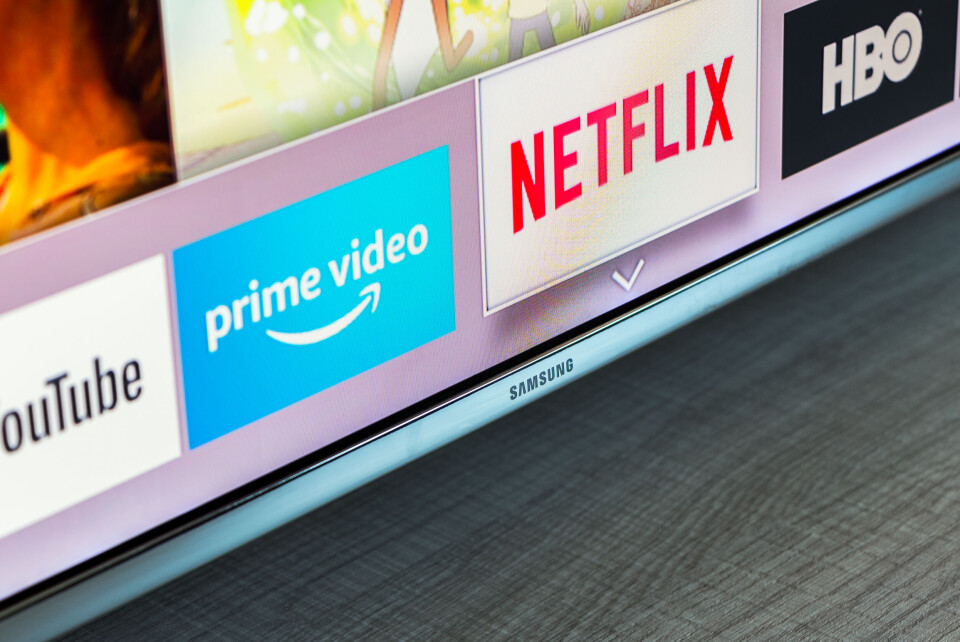-
Strikes and protests in January 2026 and how you may be affected
Doctors, rail staff, and farmers are all taking action
-
Good news as lower electricity bills confirmed in France
The change is not a ‘revolution’ but will give some purchasing power back, minister says
-
Is the French language in decline?
Newspaper headlines often focus on a supposed ‘decline’ of the French language - we look at whether it is true
French turn to streaming for 'better' English lessons than school
A survey finds that 72% of people in France believe their English lessons at school did not help them speak the language better; and that Netflix, Amazon Prime and YouTube are more effective

Almost three/quarters of French people say they speak better English as a result of watching TV shows and videos on streaming platforms such as Netflix, Amazon Prime or YouTube, a new poll has found.
The survey found that 56% of people in France say they have learned better English by watching videos online than they ever did in their English lessons at school.
Young people are even more likely to say this; 77% of 18-24-year-olds said that these platforms "are one of the three channels through which" they "feel they learn English better".
Social networks are another useful channel for learning English, especially for young people, with 70% agreeing, citing Twitter, Twitch and TikTok as platforms on which 18-24-year-olds can communicate with an international community more easily and quickly.
In general, 38% of French people of all ages think that social networks are one of the three best channels for learning English.
Half (50%) of respondents said that watching television had improved their English, followed by 42% who said that print and digital press had helped, and 25% who said video games helped.
Two-thirds say English lessons at school did not help
In contrast, 72% of people said that their school English lessons did not help them speak the language well, and 40% said that the English they learned at school was not useful to them as adults.
As for the use of English words in the French language, almost a third of the general public are reluctant to use them in everyday life and consider the practice to be "exasperating".
The least-popular anglicisms include phrases that are mainly used in the professional environment, such as "un call", "forwarder un mail" and "asap".
But younger people are less attached to the use of exclusively French words. Only 13% do not like to use anglicisms, and 29% say they use English in their daily lives.
The study said: “This difference can be explained by greater exposure to the language, and a normalisation of ‘Franglais’."
The poll was created for language learning company Berlitz France Licorne by pollster YouGov, and published in Le Figaro. It was an online poll conducted from June 18-21, based on a representative sample of 1,010 people.
Related articles
Franglais ou Frenglish? The history of French resistance to English
'Accents are all part of our charm – and English accents please us'
























